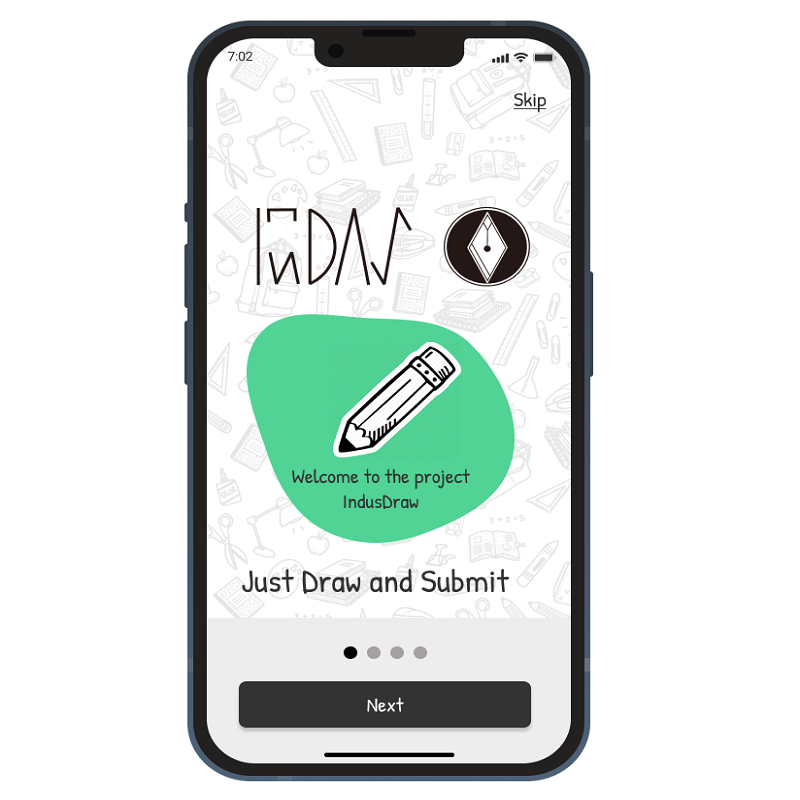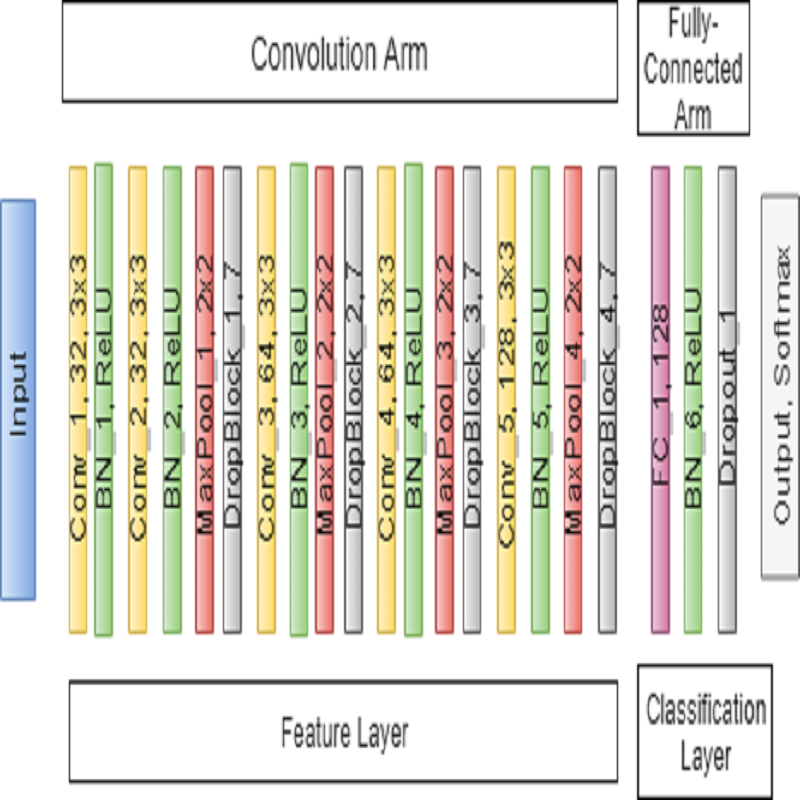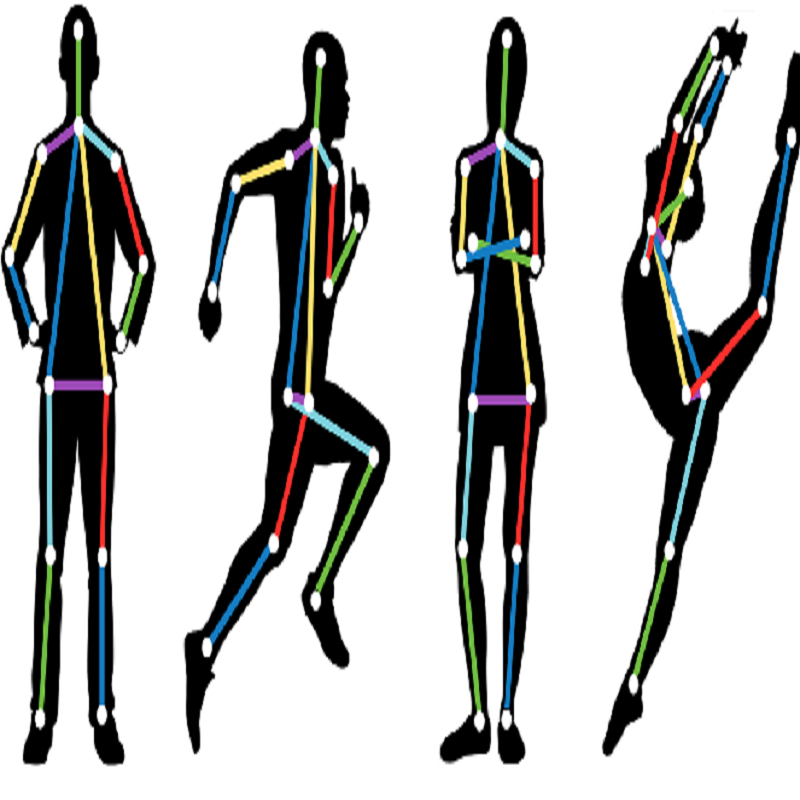
About Me
Sujata is an Indian studying PhD at Tokyo Metropolitan University in Tokyo, Japan. She offered MEXT scholarship for her PhD studies. Her major is AutoML and Information Visualization System. She is leading Google Developer Student Club from her university from 2021-2022. She is an Ambassador of Women Techmakers in Japan. She is in the lead role of Microsoft Learn Student Ambassador at Tokyo Metropolitan University. She organized technical events to develop programming skills of the latest technology trends among students. She is also a member of the Flexible Design Scientist Interfaculty Program (FDSIP). She is an active member of Google Developers Community, WDA Japan, tinyml, 2d3d.ai, MLTokyo, Tokyo Python Society, GeoTokyo, GCPUG, Technovation Girls, Creative Tokyo, ODSC, mHealthIsrael, AI, and Cloud Innovation.
Contact Details
Sujata Saini
PhD, Takama Laboratory
Tokyo Metropolitan University, Japan







